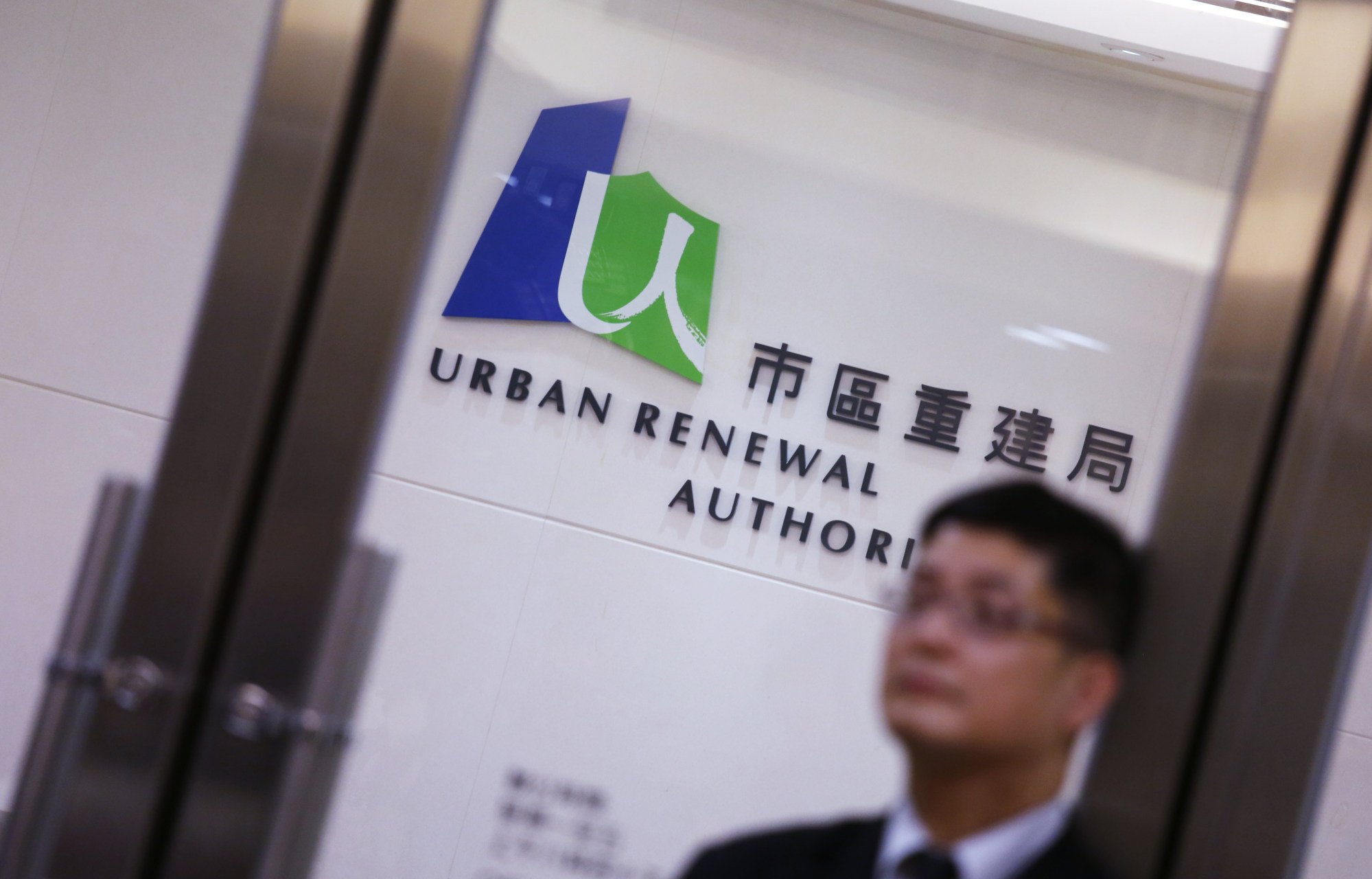Hong Kong’s Urban Renewal Authority to relax rules on tenders, borrow cash after HK$3.5 billion deficit last year
“Given the authority’s present cash flow of HK$18 billion, there is a certain degree of pressure on the finances,” Wai wrote.
But he emphasised that the authority had worked out strategies to maintain the “sustainability of urban rejuvenation”.

He said there was an accumulated surplus of about HK$37 billion in the authority’s account because of developments launched during the earlier property boom.
“Today, the accumulated surplus can be used to subsidise the projects that face losses,” Wai explained.
He added the authority had been in touch with financial institutions to launch an in-depth discussion on external finance.
Wai said the response from the market had been “positive” and that he expected “concrete work” to start in the third quarter of the year.
The authority slipped into a deficit in 2022-23 from a surplus of HK$6.6 billion 12 months earlier. Management blamed it on the downturn in the property market.
Standard & Poor’s reaffirmed its “AA+” long-term issuer credit rating for the authority last November and also confirmed the “AA+” issue rating on senior unsecured notes it issued.
New release of Hong Kong flats by Urban Renewal Authority gets lukewarm response
The ratings organisation also raised the “likelihood of extraordinary government support” from “extremely high” to “almost certain”, with a “stable” outlook.
Wai said the tender process for some major work would be moved to help the authority’s position.
He said tendering for the Kai Tak Road-Sa Po Road redevelopment scheme in Kowloon City, planned for 2023, would be pushed back to the third quarter of this year.
Wai explained that could fit into the timing of acquisition offers to landlords affected by the Nga Tsin Wai Road-Carpenter Road redevelopment scheme.
The authority is also to streamline the tendering requirements so as to boost developers’ interest in bidding a project, as well as speeding up the process.
Wai said in the blog that the Nga Tsin Wai Road-Carpenter Road work was a good example of the streamlined tender process.
Hong Kong Urban Renewal Authority records HK$3.5 billion loss, first in 9 years
He added the authority would be responsible for the construction of government and community amenities on the site and the developers would only need to build the residential elements and the car parking facilities.
“The [government and community amenities] will not be included in the tender documents, which can greatly reduce the complexity of the tendering,” he said.
“The developers can also save the process of having those facilities approved by the government, so we can speed up the pace of the development project.
“What’s more, it could also reduce interest payments and increase the desire of developers to bid.”
Wai added the authority would also help developers to deal with government red tape in areas such as technical studies, environmental impact assessments, and the gazetting of traffic diversions, before work was put out to tender.
“This will allow the successful bidder to focus on developing the residential, commercial and office parts, which reduce uncertainties the developer may face, in order to increase the attractiveness of the project,” Wai wrote.
He said allowing developers to settle upfront payments in instalments after they were successful in a tender would also be considered.